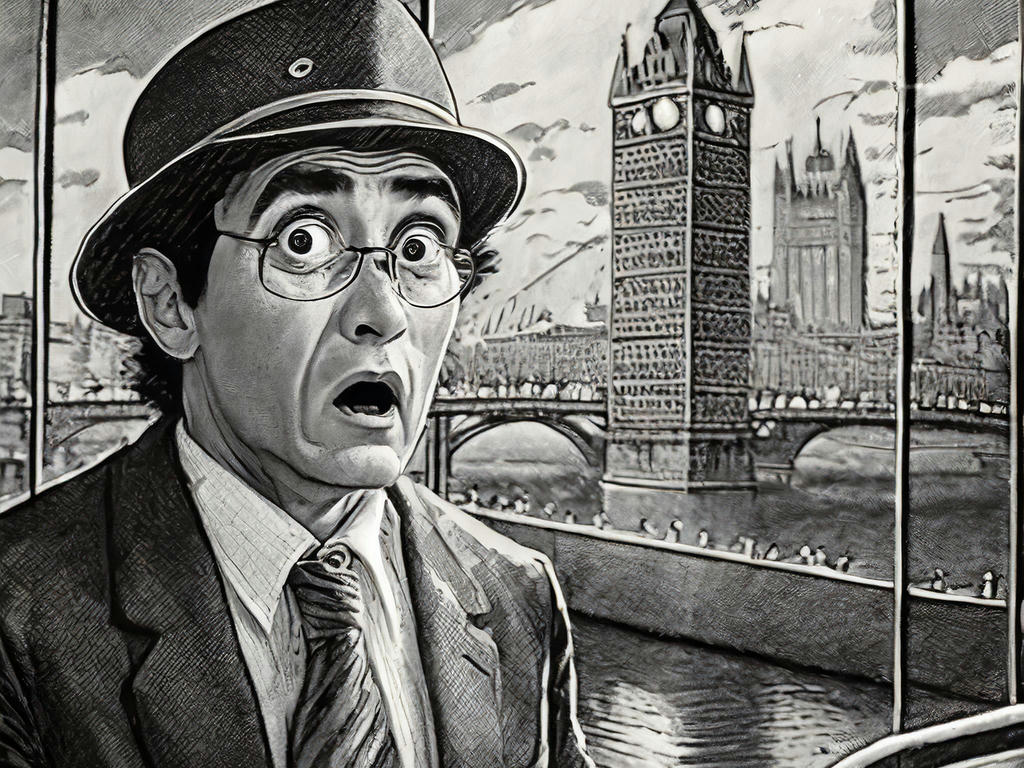
As I sit down to pen my thoughts on George Orwell's seminal work, "1984," I find myself grappling with a myriad of emotions and contemplations. This dystopian masterpiece has left an indelible mark on my psyche, provoking deep introspection and stirring a range of reactions.
From the outset, Orwell thrusts readers into the bleak and oppressive world of Oceania, a totalitarian regime where every aspect of life is tightly controlled by the ominous figure of Big Brother. As I followed the protagonist, Winston Smith, through his harrowing journey of rebellion and defiance against the Party, I couldn't help but feel a sense of unease and resonance with the themes explored.
One of the most striking aspects of "1984" is its chillingly prophetic depiction of surveillance, propaganda, and the manipulation of truth. Orwell's portrayal of a society where individual freedom is subjugated to the will of the Party and where historical facts are distorted to suit its narrative feels hauntingly relevant in today's world of mass surveillance and information warfare.
As I delved deeper into the novel, I found myself captivated by Orwell's exploration of power dynamics and the fragility of truth. The Party's relentless pursuit of control and its perversion of language to stifle dissent served as a stark reminder of the dangers of unchecked authoritarianism and the erosion of fundamental freedoms.
Yet, amidst the darkness and despair, there are moments of profound humanity in "1984." Winston's quest for love and connection, his defiance in the face of oppression, and his yearning for truth and freedom resonated deeply with me. Despite the overwhelming odds stacked against him, Winston's unwavering spirit serves as a beacon of hope in a world consumed by fear and oppression.
Orwell's writing is both evocative and incisive, drawing readers into the bleak and desolate landscape of Oceania with its vivid imagery and haunting prose. His critique of totalitarianism and his exploration of the human condition linger long after the final page has been turned, prompting reflection on the nature of power, truth, and freedom.
In conclusion, "1984" stands as a timeless masterpiece that continues to captivate and provoke readers with its relevance and insight into the complexities of the human condition. It serves as a poignant reminder of the dangers of authoritarianism and the imperative to safeguard individual liberties and uphold the truth. For me, reading "1984" has been a transformative experience, one that has deepened my understanding of the world and reinforced my commitment to defending freedom and truth in all its forms
Should you have any feedback, recommendations, or thoughts of any nature, feel free to reach out to me on Twitter at @aaqaishtyaq!